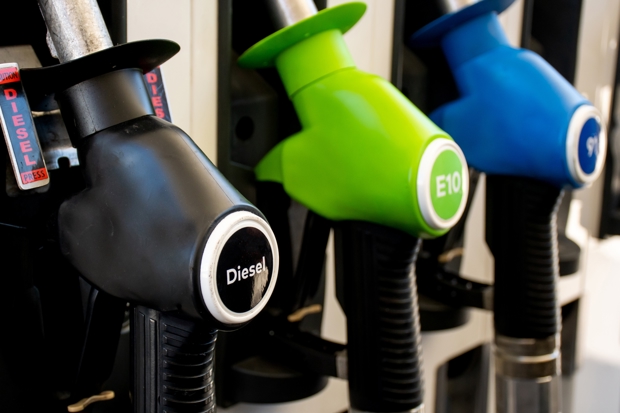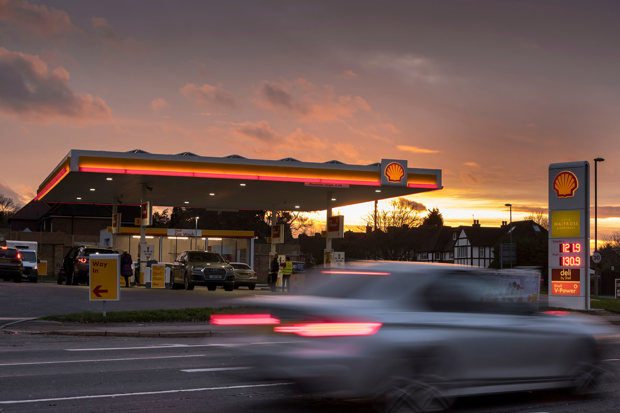Fall in wholesale fuel prices still not passed on to motorists

Motorists are still not getting a fair deal at the pumps as slight falls in the price of diesel and petrol last month were far outpaced by declines in the wholesale price of fuel.
According to RAC Fuelwatch, in April 2024, the price of petrol final fell, with a 2.4p cut taking it down to an average of 147.88p a litre. This saves motorists £1.30 on a 55-litre fill-up – although the RAC adds the decline at supermarkets was a much smaller 1.2p.
Diesel prices fell too, going down 4.5p a litre to 153.58p. Again, however the cut at supermarkets was smaller, at 3.4p a litre. What’s more, the UK still has the most expensive diesel prices in Europe.
Overall, prices remain far too high, with fuel retailers taking much higher margins than they historically have done.
The RAC reckons the mark-up on petrol is around 13p a litre, and diesel is 16p a litre. The long-term average for both fuels is around 8p a litre.
The RAC also compared fuel prices at the big four supermarkets – and found that for the first time in a while, Asda is no longer the cheapest.
Tesco, Morrisons and Sainsburys are all selling petrol for an average of 2.1p a litre less than Asda, at around 145.2p a litre, while their diesel prices are 2.5p cheaper at 150.4p.
The RAC is now hoping new powers for the Competition and Markets Authority (CMA) will stamp out unfair fuel prices – particularly as motorists are meant to be benefitting from a 5p a litre fuel duty cut extended by chancellor Jeremy Hunt in the March Budget.
RAC senior policy officer Rod Dennis says the sheer time for any meaningful price cuts to reach forecourts is a continuing cause for concern.
"When it comes to much-needed pump price cuts, it’s sadly a case of too little, too leisurely, with most drivers still getting a miserable deal every time they fill up. We’re once again in classic ‘rocket and feather’ territory, with pump prices only trickling down when they should really be falling like a stone."
With retailers taking margins far higher than they traditionally have, Dennis is now calling on the CMA to use its new powers to take a closer look at what’s going on with fuel retailing and "identify occasions where wholesale price drops aren’t being properly reflected at the pumps, something our analysis shows is sadly still happening."


